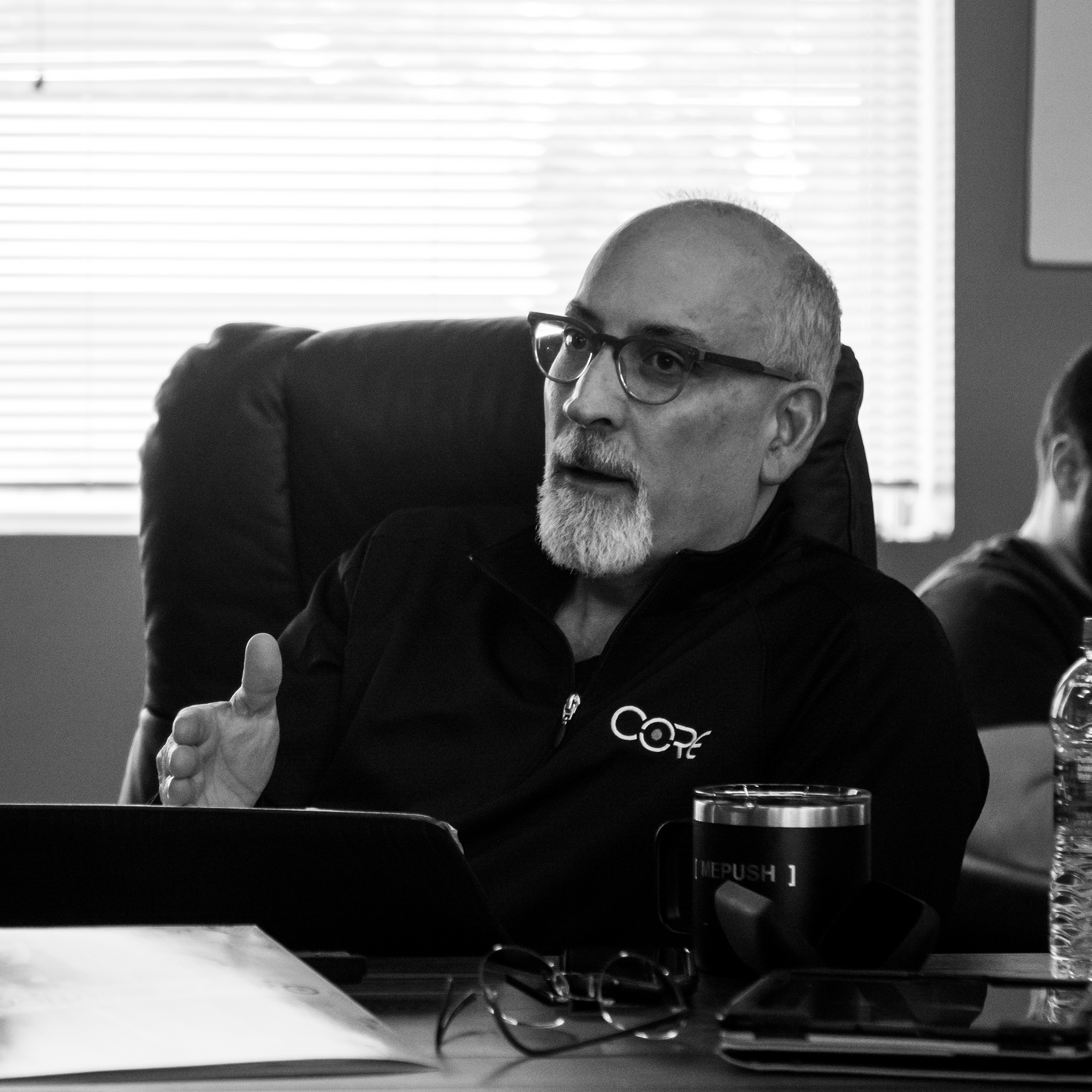AS9100 Clause 6 Explained
What is AS9100 Clause 6 About?
AS9100 is a quality management system standard specifically designed for the aerospace industry. Clause 6 of AS9100 typically deals with the planning aspects of the quality management system.
Here’s a breakdown of what you might find in Clause 6:
Planning for Quality Objectives:
This involves establishing measurable objectives at relevant functions, levels, and processes within the organization. These objectives should be consistent with the quality policy and aligned with the organization’s strategic goals.
Quality Management System Planning:
This includes determining what processes are needed for the quality management system and how they will be implemented, maintained, and improved. It involves identifying risks and opportunities that could affect the organization’s ability to achieve its intended outcomes.
Risk-based Thinking:
AS9100 emphasizes the importance of considering risk throughout the quality management system. Clause 6 may include requirements related to identifying and addressing risks and opportunities to enhance the effectiveness of the quality management system and achieve desired results.
Get a Free Quote
Resource Management:
This involves determining and providing the necessary resources for the quality management system, including human resources, infrastructure, and the work environment. It also involves ensuring that personnel are competent to carry out their assigned tasks.
Responsibility, Authority, and Communication:
This aspect focuses on defining roles, responsibilities, and authorities within the organization related to the quality management system. It also involves establishing effective communication processes to ensure that relevant information is communicated throughout the organization.
Clause 6 of AS9100 sets the foundation for effective planning and implementation of the quality management system within an aerospace organization, with a focus on achieving quality objectives, managing risks, allocating resources, and ensuring clear communication and responsibilities.
The AS9100 Clauses:
What is the Difference Between AS9100 Clause 6 and ISO 9001 Clause 6?
The key difference between AS9100 Clause 6 and ISO 9001 Clause 6 lies in their focus and specificity, given their different contexts and target industries.
Focus Industry:
AS9100 is specifically tailored for the aerospace industry, while ISO 9001 is a generic quality management system standard applicable to various industries.
Additional Requirements in AS9100:
AS9100 includes additional requirements and specific considerations relevant to the aerospace sector, such as product safety, counterfeit parts prevention, configuration management, and regulatory compliance specific to aerospace products and services. These aspects are not explicitly addressed in ISO 9001.
Risk Management:
Both AS9100 and ISO 9001 emphasize risk-based thinking, but AS9100 typically places greater emphasis on risk management due to the critical nature of aerospace products and services. AS9100 may require more rigorous risk assessment and mitigation strategies compared to ISO 9001.
Regulatory Compliance:
AS9100 incorporates specific regulatory requirements and industry standards applicable to the aerospace sector, such as FAA (Federal Aviation Administration) regulations in the United States or EASA (European Union Aviation Safety Agency) regulations in Europe. ISO 9001 does not include such industry-specific regulatory requirements.
Depth of Requirements:
AS9100 may have more detailed and stringent requirements in certain areas compared to ISO 9001, reflecting the higher safety and quality standards demanded by the aerospace industry.
In summary, while both AS9100 Clause 6 and ISO 9001 Clause 6 address planning aspects of quality management systems, AS9100 includes additional industry-specific requirements and considerations relevant to the aerospace sector, such as product safety, regulatory compliance, and risk management.
How Do Companies Comply with AS9100 Clause 6?
Companies comply with AS9100 Clause 6 by implementing a structured approach to planning and executing their quality management system (QMS).
Here’s how companies typically achieve compliance with AS9100 Clause 6:
Understanding Requirements:
Companies start by thoroughly understanding the requirements outlined in Clause 6 of AS9100. This involves studying the standard and its interpretations, as well as any supplementary guidance provided by industry organizations or certification bodies.
Establishing Quality Objectives:
Companies set measurable quality objectives that are aligned with their overall business goals and the requirements of AS9100. These objectives should be specific, achievable, relevant, and time-bound (SMART).
Risk Management:
Companies conduct a comprehensive risk assessment to identify potential risks and opportunities that could affect the quality management system and the organization’s ability to meet its objectives. They develop risk mitigation plans and incorporate risk-based thinking into their processes.
Resource Allocation:
Companies ensure that they have the necessary resources (e.g., personnel, infrastructure, technology) to support the implementation and maintenance of their QMS. This includes providing appropriate training and support to personnel involved in quality-related activities.
Defining Responsibilities and Authorities:
Companies define clear roles, responsibilities, and authorities for personnel involved in the QMS. This ensures that everyone understands their roles in maintaining and improving quality within the organization.
Communication:
Companies establish effective communication channels to ensure that relevant information regarding the QMS, quality objectives, and performance is communicated to all relevant stakeholders. This includes internal communication among employees as well as communication with external parties such as suppliers and customers.
Documentation and Record-keeping:
Companies maintain accurate documentation of their quality management system, including policies, procedures, work instructions, and records of quality-related activities. This documentation provides evidence of compliance with AS9100 requirements and facilitates audits by certification bodies.
Continuous Improvement:
Companies continually monitor and measure their QMS performance against established quality objectives and key performance indicators. They use this data to identify areas for improvement and take corrective and preventive actions as necessary to enhance the effectiveness of their QMS.
By following these steps and implementing robust processes and procedures, companies can effectively comply with the requirements of AS9100 Clause 6 and demonstrate their commitment to quality management in the aerospace industry.
Helpful Resources: AS9100 – AS9102 – How the Aerospace Industry is Different
AS9100 – AS9120 – How the Aerospace Industry is Different
Join us in this engaging podcast episode as host Xavier Francis sits down with ISO experts Suzanne Weber-Smatko and Bruce Newman. Delve into the intricate world of the AS9100 standards, where they unravel the unique attributes of AS9100/9120. Discover how AS 9100/9120’s laser focus on product safety, operational risks, and stringent supplier controls sets it apart in the aerospace sector. Listen Now.
Consulting Support for AS9100
Every year, we help hundreds of small businesses achieve AS9100 certification. Support for AS9100 is available through any of our Consulting Programs As an American business with a story like yours, we know that time is valuable. Our expert consultants are here to take on the difficult, technical aspects of certification so you can focus on your business. They’ll work with you every step of the way until you’re successfully certified. Interested? Get a Free Quote.
In many industries, AS9100 has become a requirement. When landing a big contract, AS9100 certification could make all the difference.

About Core Business Solutions
"Core Business Solutions was started by my brother, Mike Dawson, and myself, true entrepreneurs at heart looking for a better way to make a living and help small businesses improve the quality of the products and services they provide.
The bottom line: we are real people that have developed a team to come along side you to help you grow and succeed."
-- Scott Dawson, President
Related Standards
We provide consulting support for various other standards, as well as support for companies seeking multiple certifications through an Integrated Management System.
ISO 9001
Quality Management Systems
AS9120
Aerospace Distributors
ISO 14001
Environmental Management Systems
ISO 45001
OH&S Management Systems
ISO 9001
AS9120
ISO 14001
ISO 45001
Learn more about AS9100 at our articles page.
Equip Your Business to Meet AS9100 With CORE
At Core Business Solutions, we’re here to equip your company for success in meeting AS9100 requirements. We’ve helped hundreds of small businesses grow and deliver the best solutions to their clients. We provide ISO training services, consulting help, and compliance software to help you get certified and stay certified. We focus on optimizing your processes and helping you implement an ISO-compliant QMS. When you partner with us, you’ll get the tools and help you need for success. For more information on the AS9100 standard, please visit our articles page. You can also call our consulting office at 866-354-0300 or contact us online.


